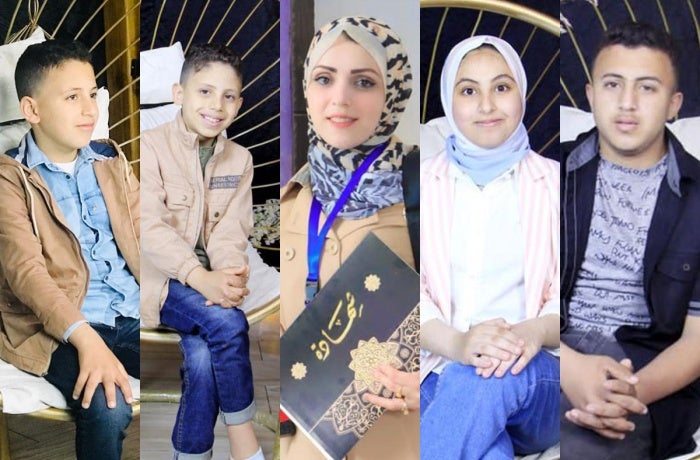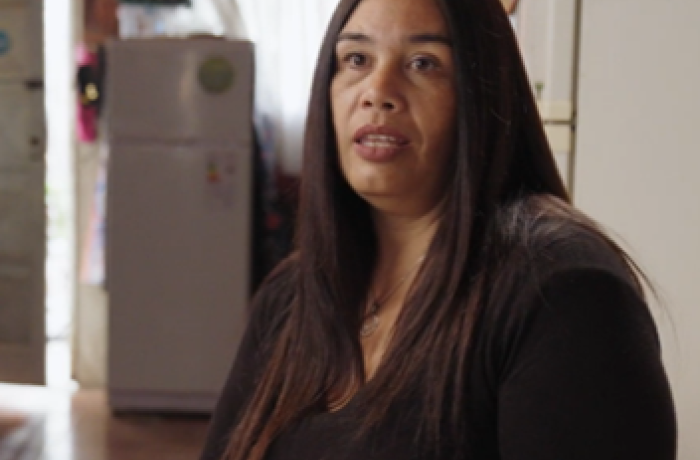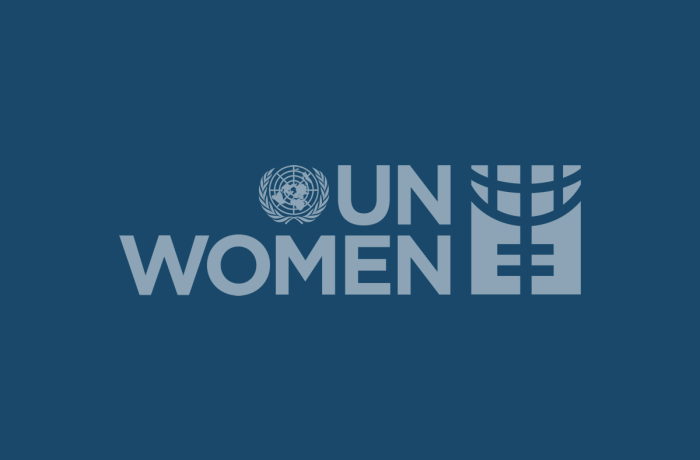UN Women’s Oasis programme empowers Jordanian and Syrian women
Since 2012, UN Women has established 22 centres across Jordan to provide Syrian refugees and vulnerable Jordanian women with safe, inclusive spaces.
Known as the Oasis programme, these centres have provided crucial cash-for-work, skill development, and early childhood services to more than 30,000 people, including many women with disabilities. The initiative focuses on addressing gender barriers, promoting economic empowerment, and enhancing protection against gender-based violence.
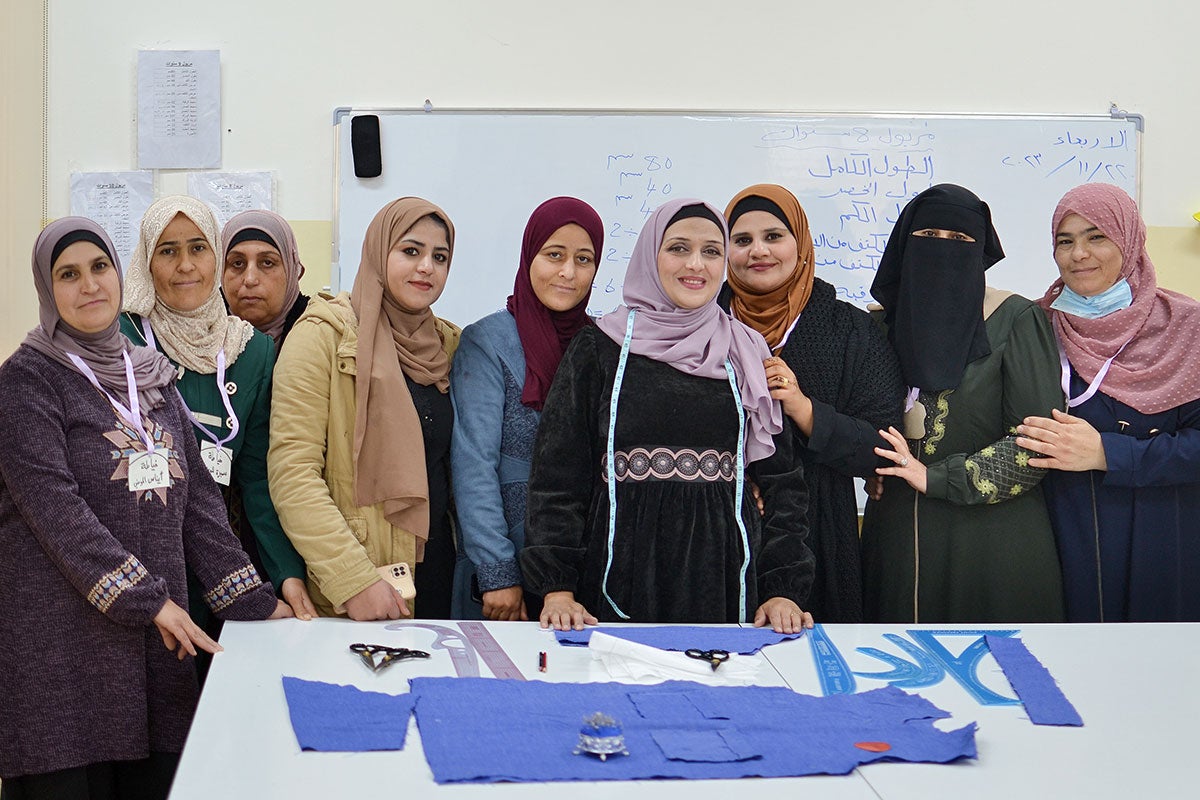
“Our aim is to enable women to participate in the labour market, confront societal violence, and emerge as leaders,” said Nidal Al-Hajjaj, Oasis’ Programme Manager. Al-Hajjaj has led the programme’s expansion from four centres at its launch to 18 throughout Jordan and four in the Zaatari and Azraq refugee camps.
The programme’s multifaceted approach, covering livelihood, protection, leadership building, and education, reflects Nidal’s aim to foster an environment conducive to transformative investments in women.
The programme’s success is further reflected in its contributions to social cohesion and gender sensitization within communities, integrating critical feedback to refine and augment its impact continually. Oasis centres embody the theme of this year’s 16 Days of Activism Against Gender-Based Violence campaign: “UNITE! Invest to prevent violence against women and girls.”
“The Oasis centres offer a safe space where women voice concerns and gain positive coping strategies”, said Hadeel Qunaibi, a protection officer at Oasis. Through interactive workshops and awareness sessions, women engage with human rights, gender-based violence, and protection mechanisms, all aligned with the campaign.
“It's more than workshops; it’s about community integration, creating an effect of empowered women equipped to face life’s responsibilities”, Qunaibi added.
Najwa Abu-Zaalan, a mother of four, took a six-month tailoring course at the Oasis centre in the city of Ajloun earlier this year. The course not only enhanced her skills but also helped her gain financial independence and self-confidence. Abu-Zaalan remains connected to Oasis, and now works as a trainer at the centre.
“I encourage all women to participate and improve their financial situation”, she said. Her story echoes the theme of this year’s activism: investment leading to transformative results.
Another Oasis participant, Ala’a Al-Kasabreh, said that a tailoring class offered by Oasis gave her a new sense of possibility.
“After my experience at the Oasis centre, I am now more creative, more open to other new experiences”, she said. “I feel I am more independent, feel much better about myself, and can take better care of my family. This experience has added much to my life.”
“I am very glad I could meet new people during this journey”, she added. “We all exchanged and benefitted from each other’s experiences, and I am well connected now.”
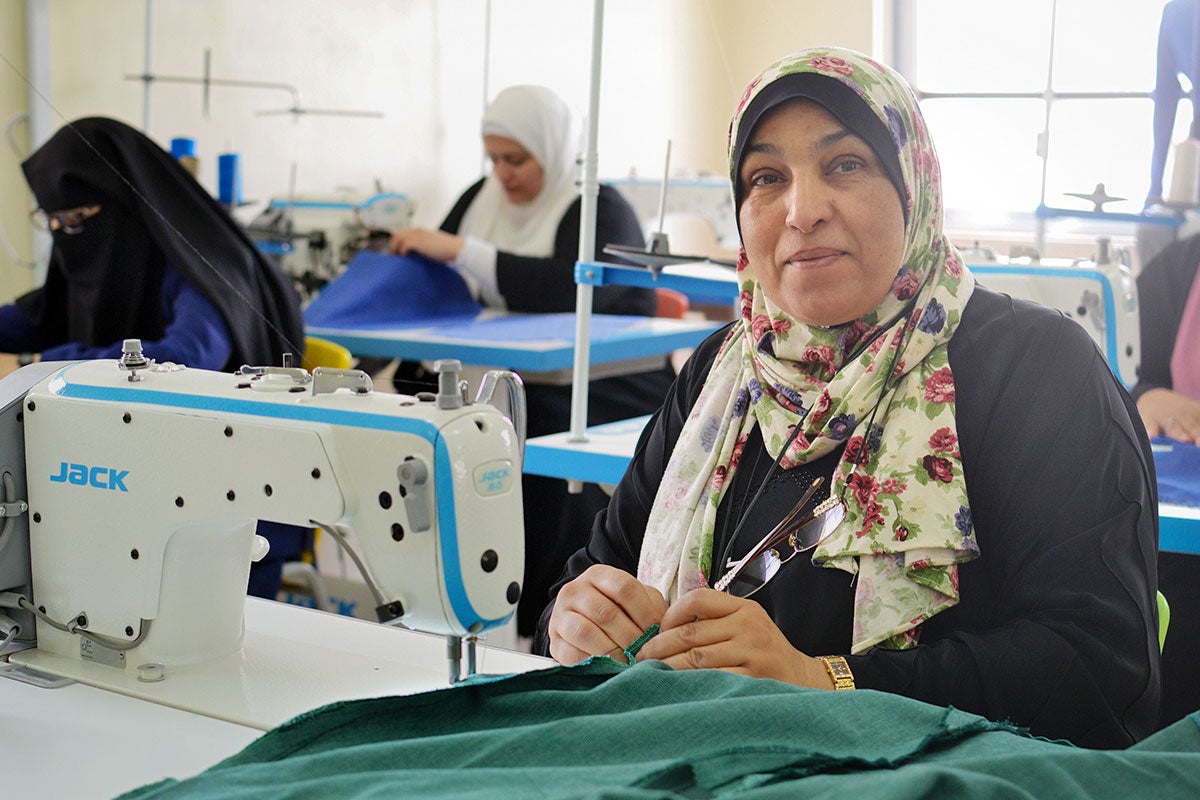
Similarly, Abeer Abu-Rizeq, a woman with a disability who attended courses at Oasis’ centre in the city of Madaba, said the programme matched her life’s needs.
“I am very grateful that I learned about this centre and the courses it offers”, she said. “My acceptance into the programme came at just the right time, which was much needed, as I am divorced now and have a son whom I need to take good care of.”
Oasis’ ripple effect is noticeable, creating a hub for resilience, leadership, and self-discovery for women across Jordan. As the programme continues to expand, it stands as a testament to the power of investment in preventing violence against women and girls.
The Oasis programme is funded by the European Union through the Regional Trust Fund in Response to the Syrian crisis, the Madad Fund, and the governments of Canada, Australia, Finland, France, Iceland, and Italy, in partnership with the Jordanian Ministry of Social Development.






